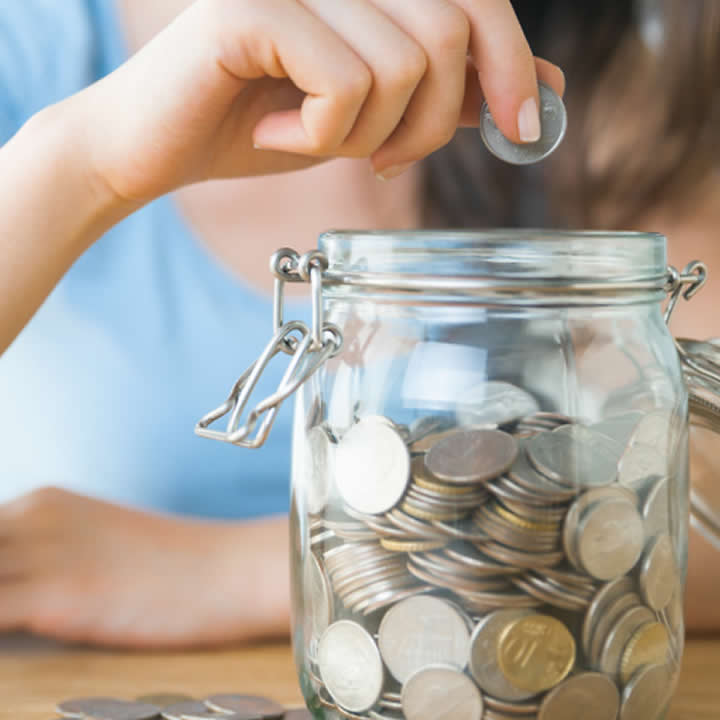An emergency fund is meant to help bail you out of a sticky financial situation until it is sorted out. According to financial experts, your emergency fund should have enough cash to cover your expenses for at least 3 months, though 6 months is the recommended number.
While it may seem almost impossible for most people (especially for low-income earners), setting some money aside each month will see your emergency fund grow exponentially over time.
The art of saving is psychological, hence gives you a better chance to move from zero pounds to the thousands in a matter of months. Sometimes it isn’t feasible if you have a financial emergency, many people ask: do you need a guarantor for a long-term loan? As this can help you out of a financial crisis.
You need to be disciplined for these savings to work. Outlined below are a few simple tips and ideas on how to build your emergency fund.
Set Several Small Savings Goals Instead Of A Larger One
Baby steps are recommended when saving for a rainy day. That said, you do not want to start big but instead set goals you can achieve relatively quickly without straining. One way to do this is to set smaller goals, such as save up for 2 weeks’ worth of expenses, then take it from there. You can then proceed to set a higher goal, say one month, and so on. It is after you have achieved your first goal that the second will be seemingly possible and doable. The best thing with setting smaller goals is that you won’t feel pressured, hence have enough motivation to keep going to achieve larger ones.
Make Small But Regular Contributions
As mentioned earlier, you don’t want to start with a significant contribution, but rather smaller and regular ones. One way to get funds to contribute to your emergency funds is by cutting down on certain habits and non-essentials, such as the monthly coffee or cable subscriptions. You can choose to start off with $5 or even $100, depending on how much you can get without a recurring struggle. The idea here is to make regular contributes such that it becomes a habit, a healthy routine.
Consider Automating The Savings
This is presumably one of the best ways to ensure regular contributions are made to the emergency fund. It is beneficial for salaried individuals living on monthly paychecks. Start by setting up a separate account where the contributions will be deposited. The next step will be to ask your employer, or bank, to send a certain amount to the emergency fund. This way, the contributions will be automated, taking the struggle off your hands or mind. Be sure not to watch the account balance, or have easy access to the funds either. With automated savings, you can be assured the money will be there for as long as there’s a paycheck at the end of each month.
Avoid The Urge To Get A New Credit Card
Most people will get a false sense of financial security a few months after creating an emergency fund. Many will start living beyond their standards and even increase their spending habits. You however should avoid the temptations to increase your spending or get a new credit card if you are to stay on the right path. While it wouldn’t be advisable to tighten your belt too tight, you don’t want to go on a spending spree either. Find a sweet spot between saving and living life to the fullest without maxing out on your credit card or increasing your spending habits. Be realistic in your spending, and never compromise the efforts to grow your emergency fund. This means never taking your eyes off the ultimate goal.
Don’t Over-Do It
While the idea of having an emergency financial backup is thrilling, you don’t want to devote too much energy and money to the same. Doing so will only hurt other aspects of your life and financial health, one of the reasons experts recommend putting the money into good use. If you’ve already achieved the 6-month goal, you can then divert any extra to an interest-earning savings account. Growing your savings account means the money will earn interest over time, which can be quite a good amount in the long run. Be sure to talk to your financial advisor for help identifying areas your money will bear more benefits.

